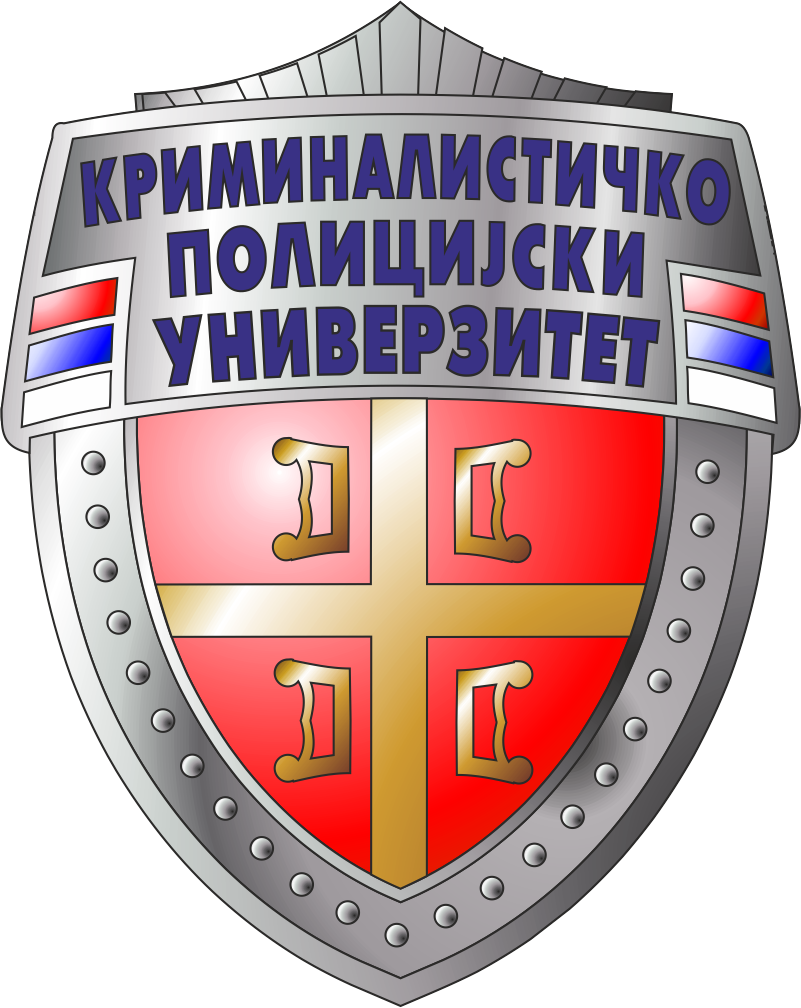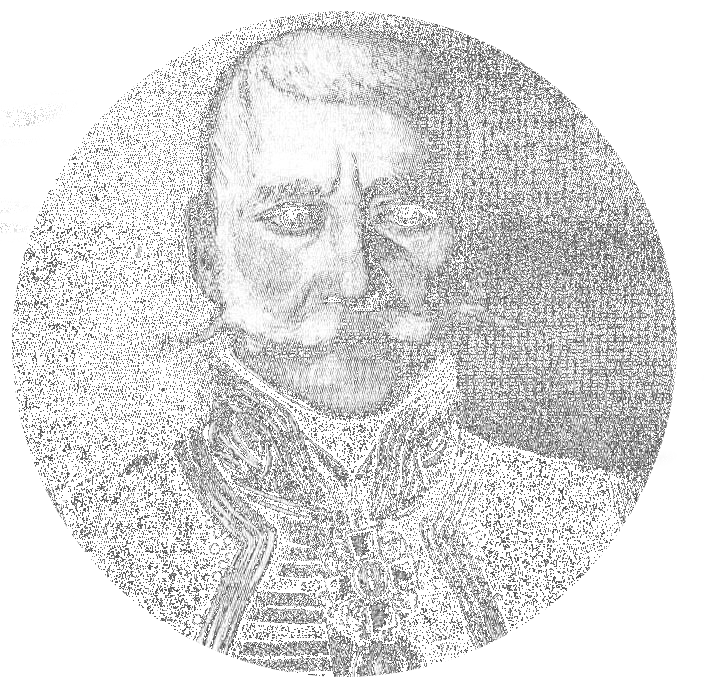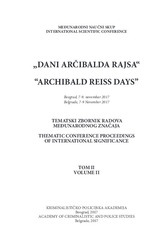Приказ основних података о документу
Ne bis in idem principle in the practice of the Constitutional Court of Serbia
| dc.creator | Kolarić, Dragana | |
| dc.creator | Marković, Saša | |
| dc.date.accessioned | 2024-02-06T11:27:01Z | |
| dc.date.available | 2024-02-06T11:27:01Z | |
| dc.date.issued | 2017 | |
| dc.identifier.isbn | 978-86-7020-386-0 | |
| dc.identifier.isbn | 978-86-7020-190-3 | |
| dc.identifier.uri | http://jakov.kpu.edu.rs/handle/123456789/1590 | |
| dc.description.abstract | The European Court of Human Rights disregards the authenticity of those legal systems which protect various values with various categories of criminal offences. This sets new tasks to our legislator regarding the amendments to legal solutions. It should be careful though, since as regards interpretation whether there is “the same offence”, the European Court of Human Rights can also be given numerous remarks. Namely, it has also been changing its practice. On the other hand, an authentic concept has existed in criminal legislation of the Republic of Serbia for many years of multidegree, multiple culpability expressed in Article 63, paragraph 3 of the Criminal Code. In this paper the authors analyse the practice of the Constitutional Court of Serbia and the European Court of Human Rights. In concluding remarks the authors set out two guidelines of the Constitutional Court. Namely, the Constitutional Court points out, with good reason, first that inexistence of clear demarcation between criminal offences and misdemeanours in Serbian legislation must not lead to a situation in court practice that res iudicata in misdemeanour proceedings represents an obstacle for prosecution of criminal offenders. Second, the Constitutional Court is of the opinion that misdemeanour courts must be limited to determining those facts which make the specific element of a misdemeanour and to leave to criminal courts to determine the facts relevant for the existence of a criminal offence. Actually, in the opinion of the authors, these guidelines of the Constitutional Court are directed at those authorized to file motions for initiation of misdemeanour proceedings. | sr |
| dc.language.iso | en | sr |
| dc.publisher | Belgrade : Academy of Criminalistic and Police Studies = Beograd : Kriminalističko-policijska akademija | sr |
| dc.relation | Academy of Criminalistic and Police Studies in Belgrade, the project “Crime in Serbia and Instruments of State Response”, 2015-2019 | sr |
| dc.rights | openAccess | sr |
| dc.rights.uri | https://creativecommons.org/licenses/by/4.0/ | |
| dc.source | Dani Arčibalda Rajsa : tematski zbornik radova međunarodnog značaja : Međunarodni naučni skup, Beograd, 7-9. novembar 2017. Tom 2 = Archibald Reiss Days : thematic conference proceedings of international significance : International Scientific Conference, Belgrade, 7-9 November 2017. Vol. 2 | sr |
| dc.subject | ne bis in idem | sr |
| dc.subject | the Constitutional Court of Serbia | sr |
| dc.subject | the European Court of Human Rights | sr |
| dc.subject | misdemeanours | sr |
| dc.subject | criminal offences | sr |
| dc.title | Ne bis in idem principle in the practice of the Constitutional Court of Serbia | sr |
| dc.type | conferenceObject | sr |
| dc.rights.license | BY | sr |
| dc.citation.spage | 211 | |
| dc.citation.epage | 223 | |
| dc.identifier.rcub | https://hdl.handle.net/21.15107/rcub_jakov_1590 | |
| dc.identifier.fulltext | http://jakov.kpu.edu.rs/bitstream/id/6681/Rajs_2017_Tom_2.pdf | |
| dc.type.version | publishedVersion | sr |
| dc.identifier.cobiss | 1024755881 |


